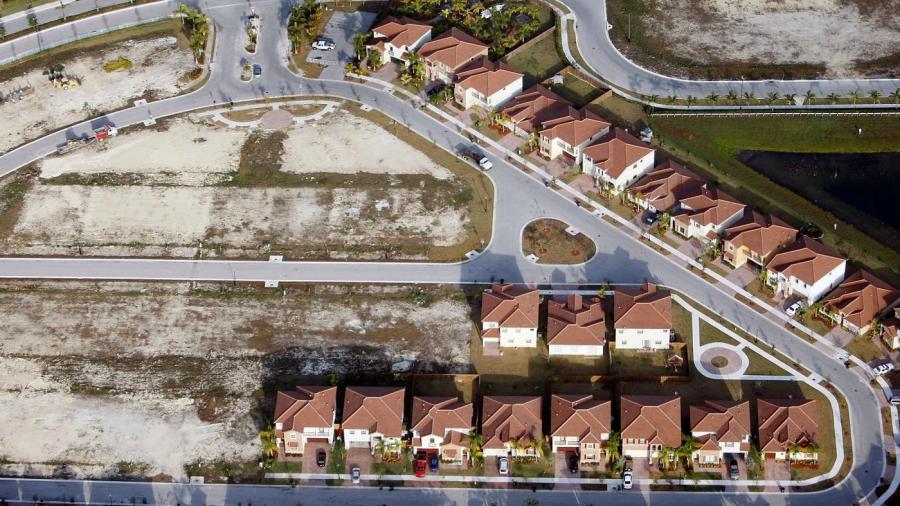What Is a “freehold Reversion?”

Freehold reversion refers to a property owner’s interest in real estate that he has leased to another person. Property that is given or leased to another for a stated length of time “reverts” to the original owner once the lease term has expired.
The term freehold is often used in real estate and law, and refers to the highest degree of ownership that a person can have in land. Someone with freehold ownership in property can develop it or sell it if he chooses to. These owners can sell their right to freehold reversion without consulting with their tenant. When the tenant’s lease expires, the right to the property will revert to the new owner. By contrast, the tenant can only rent, sublet or change the lease to the property with the owner’s permission.
Freehold reversions are sometimes used when developers build new subdivisions. When houses in these subdivisions are sold, the new owners purchase a leasehold interest in the property. After a period of time (99 years is a common leasehold length), the property will revert to the developer or builder. Freehold reversions can be used in other types of real estate sales as well, such as condominiums or farm land.





